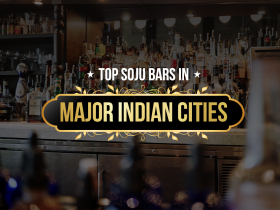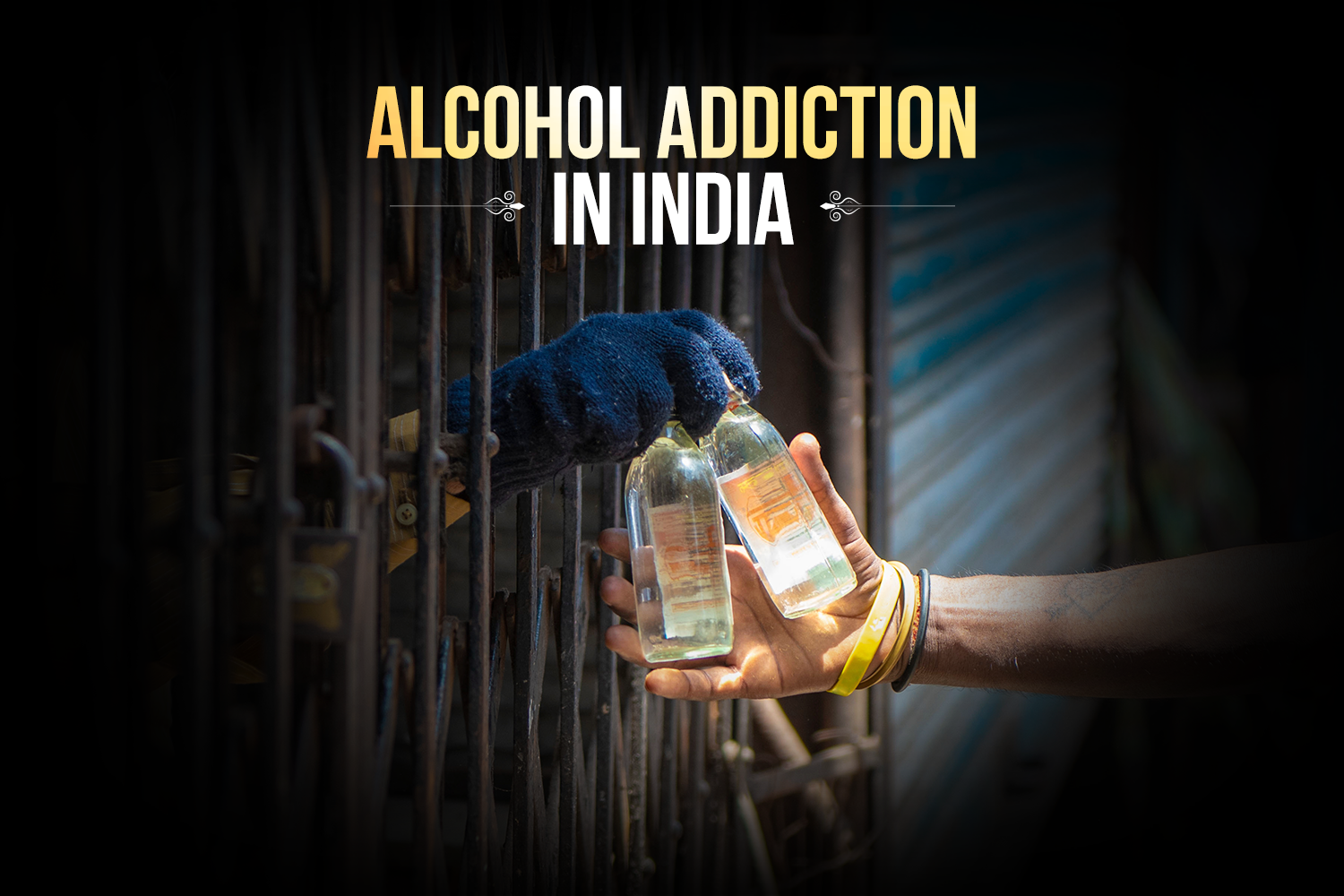Alcohol addiction is a significant public health issue in India, affecting millions of individuals, families, and communities. Despite its deep-rooted cultural presence in celebrations and social gatherings, the dark side of alcohol consumption often remains unspoken. This blog post aims to shed light on the untold stories of despair and hope surrounding alcohol addiction in India, exploring personal struggles and pathways to recovery.
1. Understanding Alcohol Addiction in India
Definition of Alcohol Addiction
Alcohol addiction, also known as alcoholism, is a chronic disease characterized by an inability to control or stop drinking despite facing severe adverse consequences. It is a condition that can lead to devastating health, social, and economic effects.
Prevalence in India
According to the National Family Health Survey (NFHS), around 14% of Indian men and 3% of women consume alcohol regularly. The rising trend of alcohol consumption, especially among the youth, poses a serious public health challenge.
Cultural Context
In India, alcohol consumption is often associated with socializing, festivals, and rituals. The normalization of drinking in social settings contributes to an environment where excessive drinking can escalate into addiction.
2. Personal Stories of Despair
Case Study 1: The Silent Struggle
Meet Rajesh, a 35-year-old software engineer whose life seemed perfect from the outside. However, behind the facade, he battled alcohol addiction for over a decade. His drinking led to the breakdown of his marriage and strained relationships with his family. Rajesh’s story illustrates the silent struggles many face, where addiction creeps into everyday life unnoticed until it’s too late.
Case Study 2: Young Lives Lost
Priya, a 21-year-old college student, succumbed to peer pressure and began drinking at parties. Initially a social activity, her drinking quickly spiraled into dependency, affecting her grades and leading to isolation from friends and family. Priya’s experience highlights the vulnerability of youth to alcohol addiction, often exacerbated by societal pressures.
Case Study 3: Women and Alcohol Addiction
In a conservative society, Anita faced stigma for her alcohol addiction. As a 40-year-old mother, her struggle was compounded by the fear of judgment from her community. Despite her desire to seek help, societal norms made it difficult for her to talk about her addiction openly. Anita’s story sheds light on the unique challenges women face in confronting alcohol addiction in India.
3. Consequences of Alcohol Addiction
Health Risks
Prolonged alcohol use can lead to severe health issues such as liver disease, cardiovascular problems, and mental health disorders like depression and anxiety. The World Health Organization (WHO) has reported that excessive alcohol consumption is a leading cause of preventable death globally.
Social Impact
Alcohol addiction does not only affect the individual but also devastates family dynamics. Families may experience emotional distress, financial strain, and even violence as a result of an individual’s drinking behavior. The repercussions ripple through communities, leading to a breakdown of social ties and trust.
Economic Burden
The economic implications of alcohol addiction are staggering. According to a study by the Institute of Health Metrics and Evaluation, the healthcare costs associated with alcohol-related illnesses are significant, alongside lost productivity due to absenteeism and decreased work performance.
4. Pathways to Recovery
Support Systems
Recovery from alcohol addiction is often supported by family, friends, and community networks. Open conversations about addiction can foster a safe environment for individuals to seek help without fear of judgment.
Rehabilitation Programs
India has seen a rise in rehabilitation centers offering both inpatient and outpatient programs. Counseling and support groups such as Alcoholics Anonymous (AA) provide essential resources for individuals on their recovery journey.
Success Stories
Many have triumphed over addiction. For instance, Karan, a former alcoholic, shares his journey of sobriety and how he found purpose in helping others facing similar struggles. Such inspiring tales emphasize that recovery is possible, instilling hope in those battling addiction.
5. Breaking the Stigma
Awareness Campaigns
Various NGOs and health organizations are working to raise awareness about alcohol addiction. Campaigns aimed at educating the public can reduce stigma and encourage individuals to seek help.
Education and Prevention
Implementing educational programs in schools and communities can inform young people about the risks of alcohol consumption and equip them with the tools to make informed choices.
Role of Healthcare Professionals
Doctors and therapists play a crucial role in addressing alcohol addiction. Their involvement can help reduce stigma, promote early intervention, and facilitate treatment options for individuals struggling with addiction.
6. Conclusion
Alcohol addiction remains a pressing issue in India, but through understanding, compassion, and support, individuals can find hope and recovery. By sharing stories of despair and triumph, we can foster a more empathetic society that encourages those struggling with addiction to seek help. It is essential to create an environment where conversations about alcohol addiction are normalized, ultimately leading to healthier individuals and communities.



























Leave a Reply